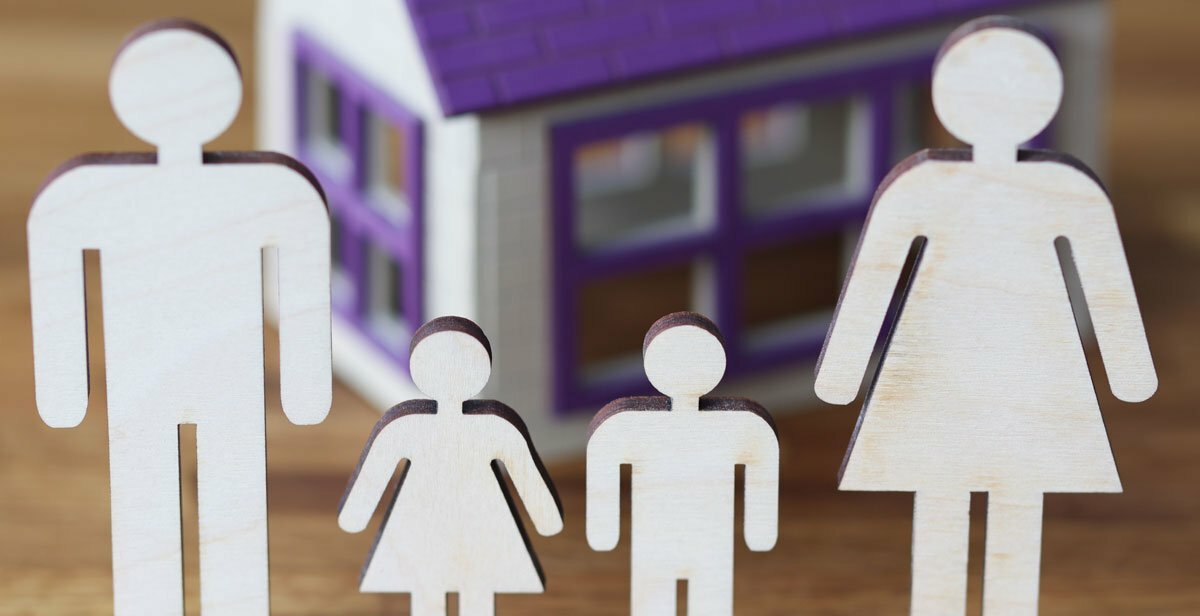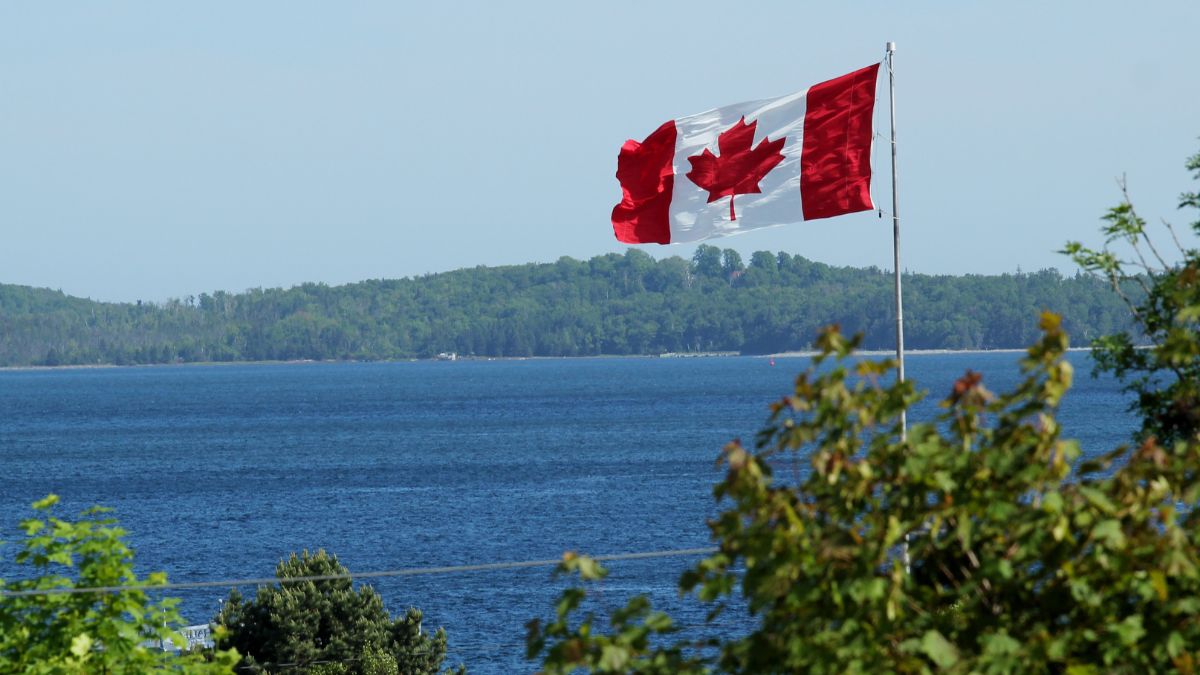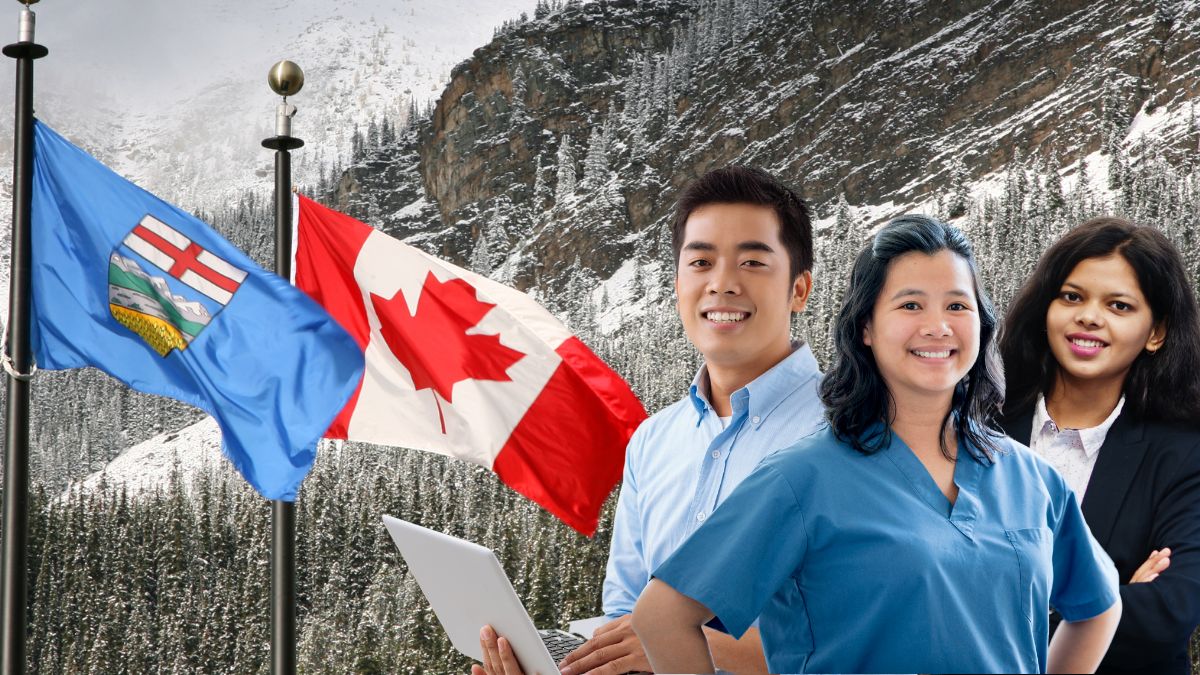What is a Refugee in Canada?
A refugee in Canada is someone who is living outside their home country and can’t go back due to a legitimate concern of persecution, and his life is at risk. Over the years, Canada has been known for being one of the most supportive and welcoming refugees worldwide. The refugee system in Canada offers three pathways: Government assistance, Private Sponsorship, and the blended visa office-referred program. All of the paths give permanent status. Most people who ask for refugee in Canada settled in Ontario, Quebec, British Columbia, and Alberta. In these four provinces, the vast majority of claims were people between 30 and 44 years old, some between 15 to 29. In contrast, a few of them were 75 and older.Statistics of Refugees in Canada
So far in 2021, Canada had welcomed more than 7,800 government-assisted refugees, considerably below the federal government’s target of 12,500. Also, Canada had accepted just 4,500 privately sponsored refugees; but the admission target for privately sponsored refugees was 22,500. According to Statista, the top ten countries of refugee claimants in Canada during 2020 were: 1 India 2 Mexico 3 Iran 4 Colombia 5 Haiti 6 Pakistan 7 China 8 Nigeria 9 Turkey 10 Sri LankaHow to Qualify as Refugees in Canada?
To be a refugee in Canada, you must be a foreigner who fears persecution, with his life at risk and cannot get protection or get back to their own country. Refugees in Canada can stay to live in the country and apply for permanent residency. Also, after meeting the criteria, they may eventually become Canadian citizens. In Canada, there are three different types of refugees: Persons in Need of Protection, Convention Refugees and Asylum Class. To be accepted, the Refugee Protection Division of the Immigration and Refugee Board (IRB) will decide if the applicant qualifies or not as a refugee in Canada. In some cases, Immigration, Refugees and Citizenship Canada (IRCC) also makes the decision.-
Persons in Need of Protection
2. Convention Refugee
Convention Refugees in Canada are people who live outside of their national country. And, due to persecution they cannot get protection in their home country and cannot return to it. In this case, the fear of persecution must be reliable and proved based on their:- race
- religion
- nationality
- political opinion
- Their association in a particular social group. Including those that a person cant change. Such as gender, sexual orientation or any other they choose.







